Caring for our furry companions becomes more nuanced as they age, particularly for our beloved senior cats. While each feline ages differently, common health issues tend to emerge as they reach their golden years. Understanding these challenges and knowing how to address them can help enhance your cat’s quality of life. In this article, we will explore ten common health issues in senior cats and provide practical management tips to ensure they continue to thrive with vitality and comfort.
1. Arthritis
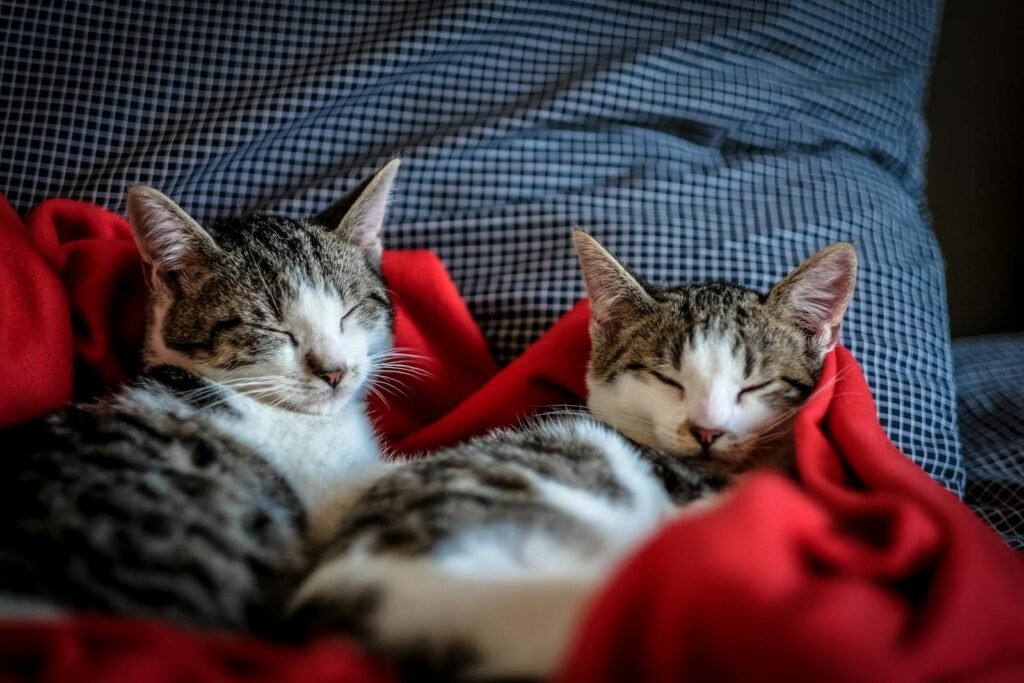
Arthritis is a prevalent condition in senior cats, characterized by joint inflammation that can lead to pain and decreased mobility. Cats may become less active, have trouble jumping, or seem stiff when moving. To manage arthritis, consider providing soft bedding and ramps or steps to help your cat reach higher spots. A vet-prescribed anti-inflammatory may also alleviate discomfort. Keeping your cat at a healthy weight can reduce pressure on the joints, further enhancing their mobility.
2. Chronic Kidney Disease
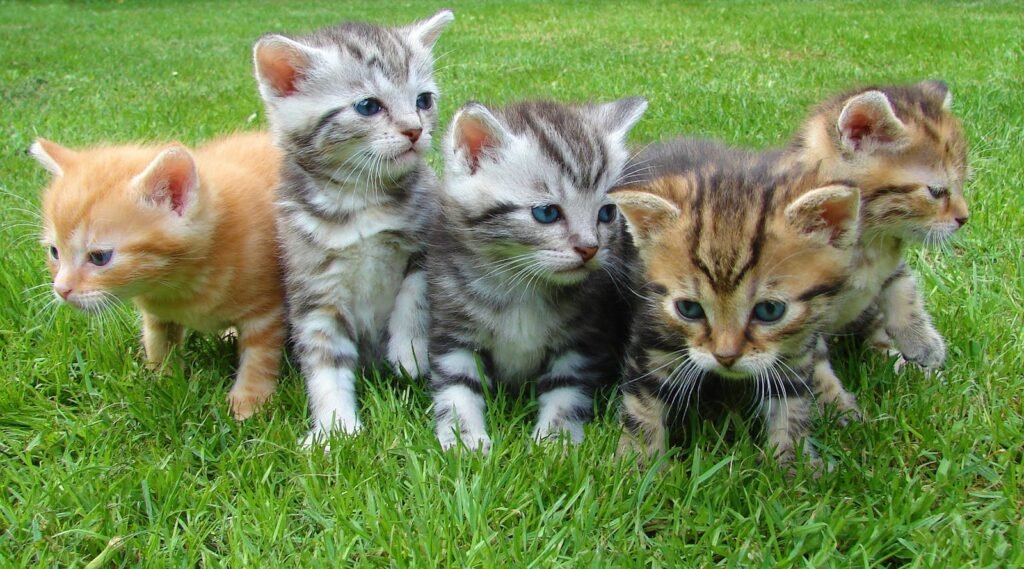
Chronic kidney disease (CKD) is a major health concern for older cats. Symptoms include increased thirst, frequent urination, and weight loss. A veterinarian can perform blood tests to diagnose CKD. Management typically involves a special low-protein and low-phosphorus diet to ease the kidneys’ workload, along with regular check-ups and hydration management to support kidney function.
3. Hyperthyroidism
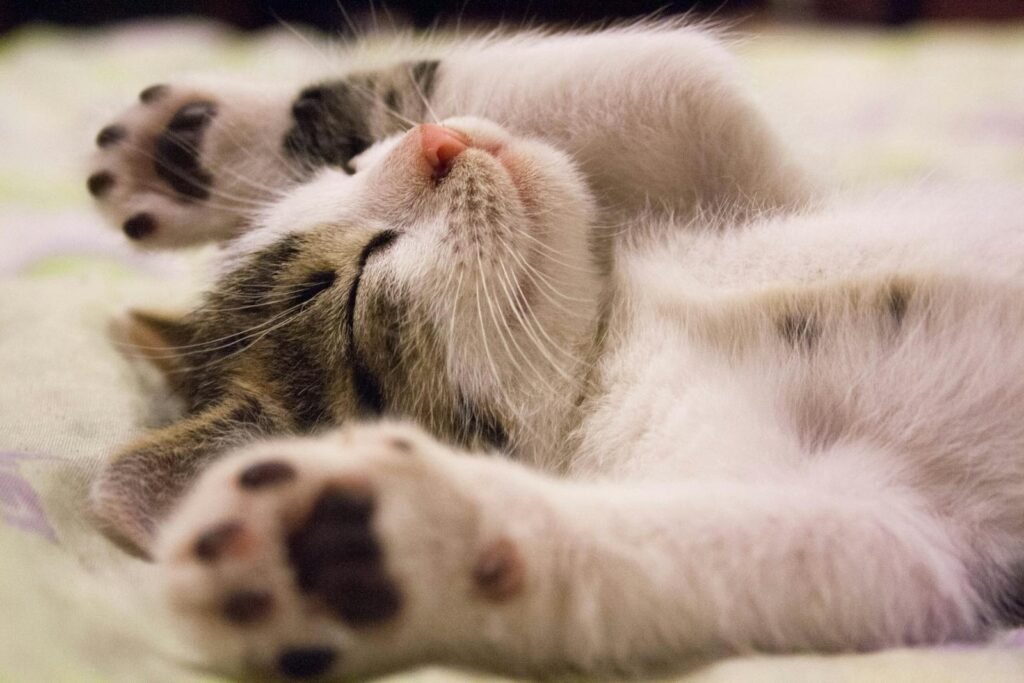
Hyperthyroidism is caused by an overproduction of thyroid hormones, leading to symptoms such as weight loss despite an increased appetite, restlessness, and an unkempt coat. Treatment options include medication, radioiodine therapy, or dietary adjustments. Regular monitoring and consultation with your vet can keep the condition under control, improving your cat’s overall well-being.
4. Dental Disease
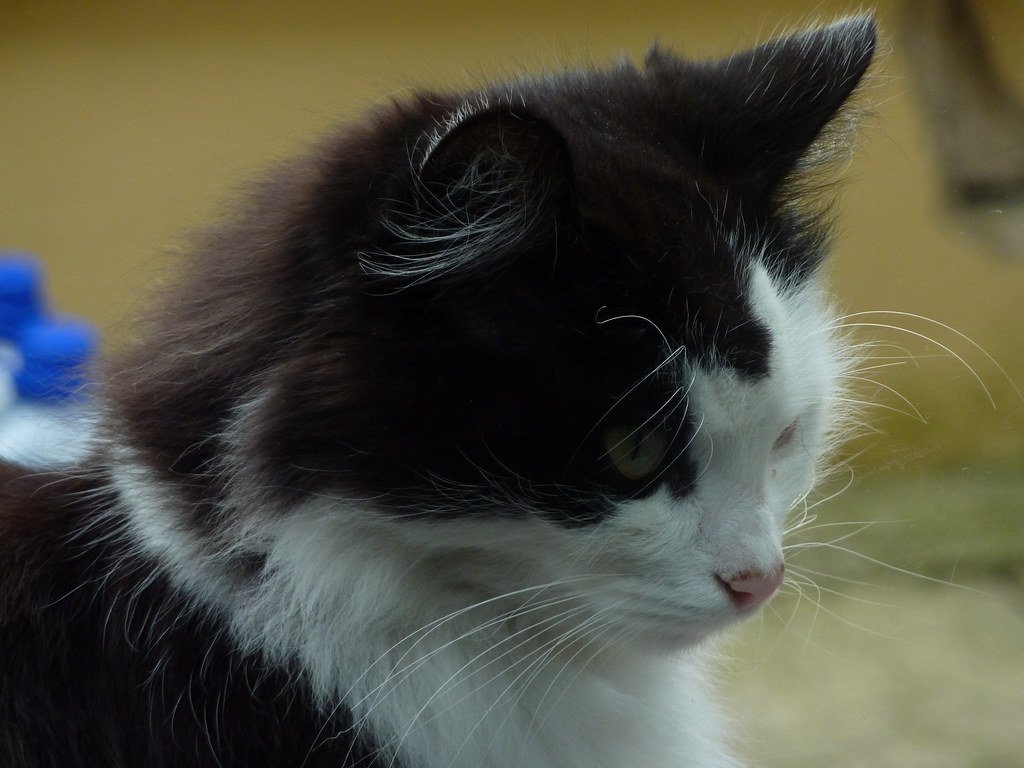
As cats age, dental issues like periodontal disease and tooth resorption become common. These conditions can cause pain, infection, and difficulty eating. Regular dental check-ups and cleanings are vital. Brushing your cat’s teeth at home can also prevent plaque buildup and maintain oral health, ensuring they can enjoy their meals pain-free.
5. Diabetes
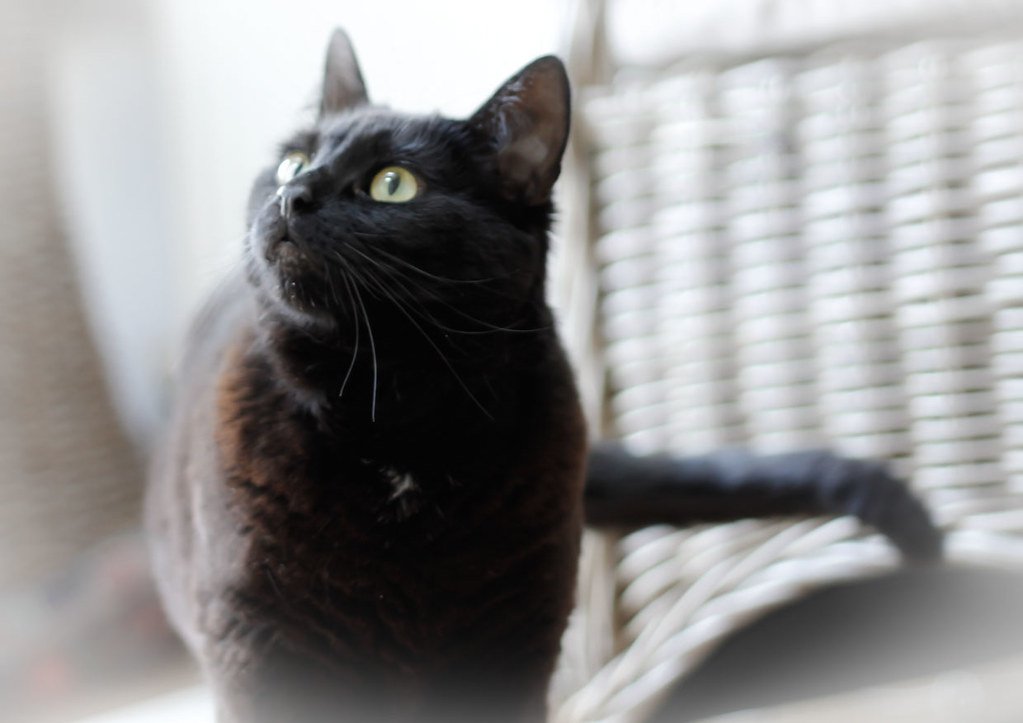
Diabetes in senior cats often presents with symptoms such as increased thirst and urination, weight loss, and lethargy. Treatment requires careful management of diet and, in many cases, insulin therapy. Close collaboration with your veterinarian to develop a diabetes management plan is essential for keeping your cat healthy and active.
6. Heart Disease
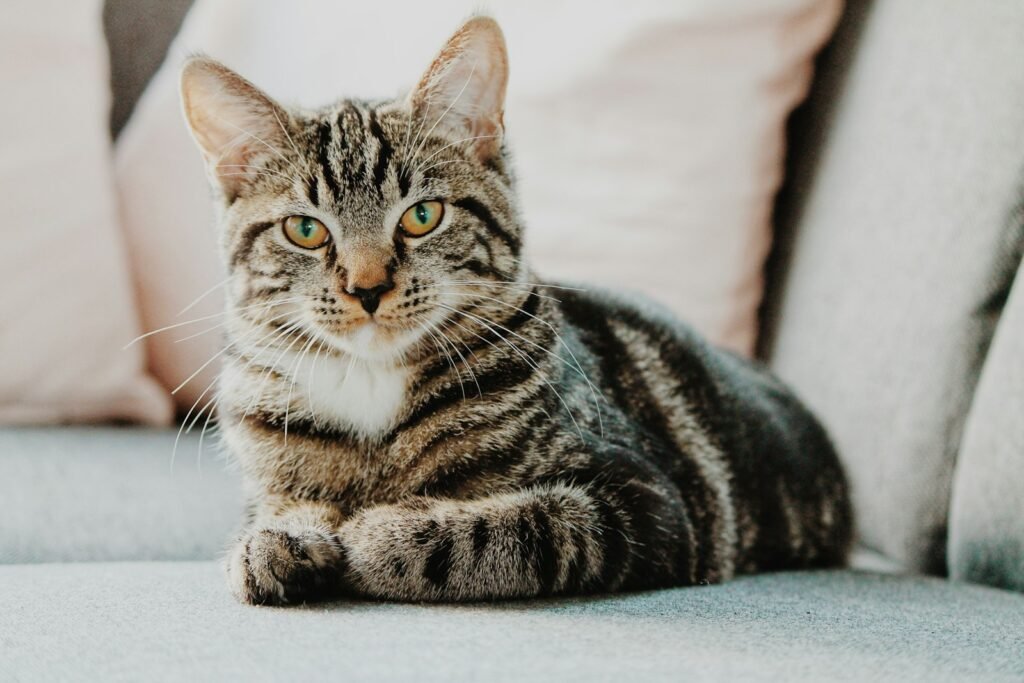
Heart disease is a concern for aging cats, manifesting in forms such as hypertrophic cardiomyopathy. Indicators include coughing, breathing difficulties, and lethargy. Regular veterinary care, including cardiac screenings, can help catch the condition early. Treatment may involve medication to improve heart function or manage symptoms.
7. Cancer
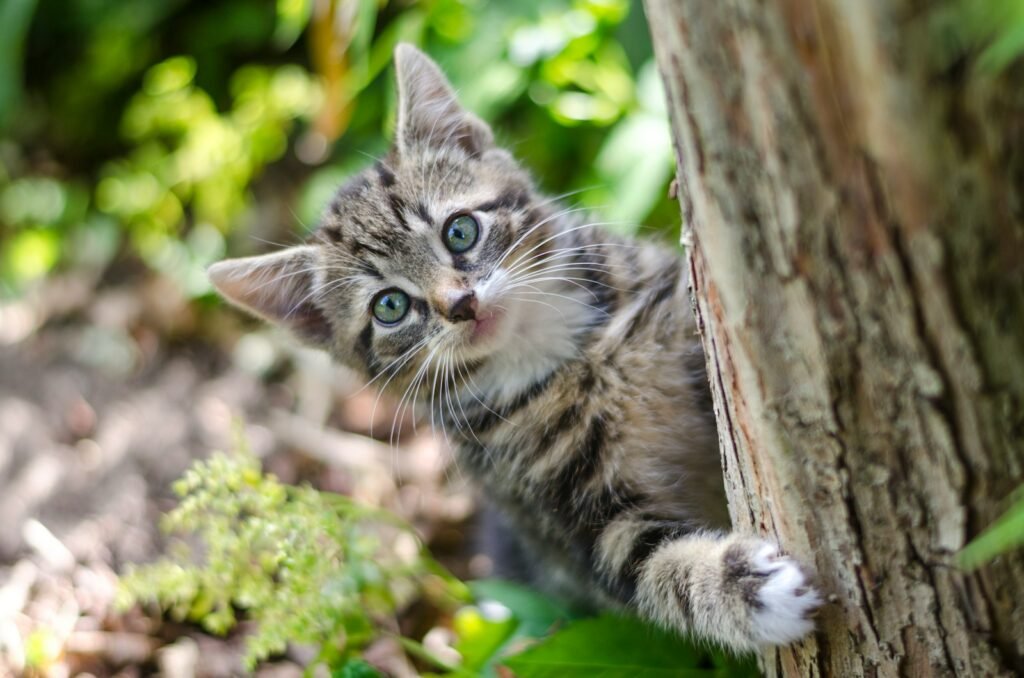
Cancer incidence increases with age, presenting in various forms. Symptoms can be subtle, including weight loss, lumps, or changes in behavior. Early detection and treatment are key, often comprising surgery, chemotherapy, or radiation therapy. Coordination with a veterinary oncologist can guide the best treatment path for your cat.
8. Obesity
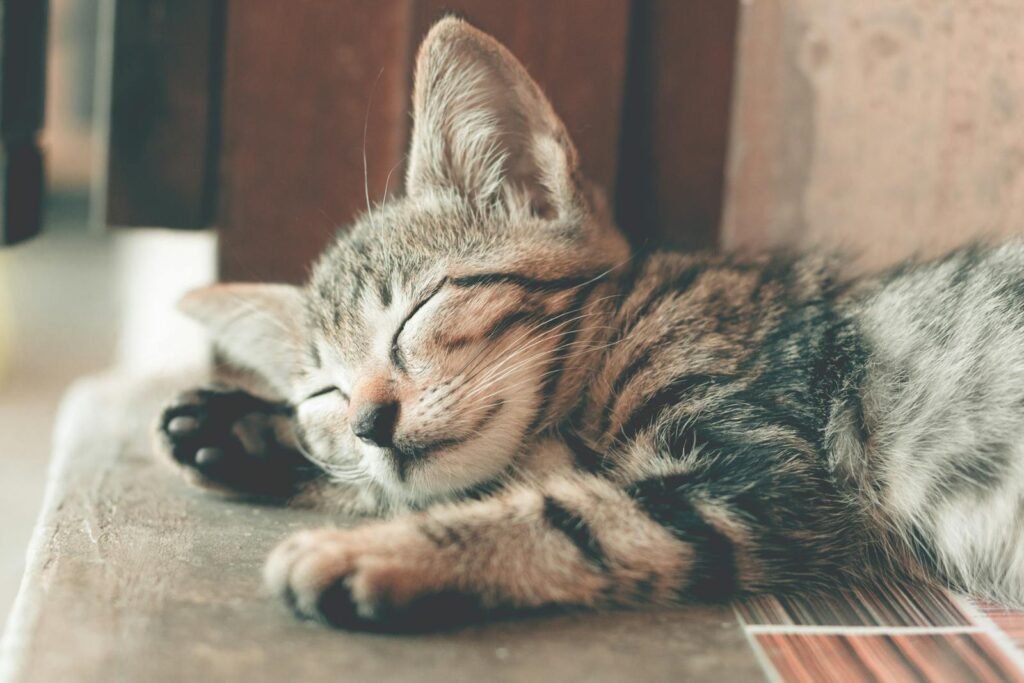
While obesity can affect cats of any age, senior cats are particularly at risk due to decreased activity levels. Obesity exacerbates other health conditions like diabetes and arthritis. A balanced diet tailored to senior cats, combined with gentle exercise such as interactive play, can help manage a healthy weight and improve overall health.
9. Cognitive Dysfunction Syndrome (CDS)
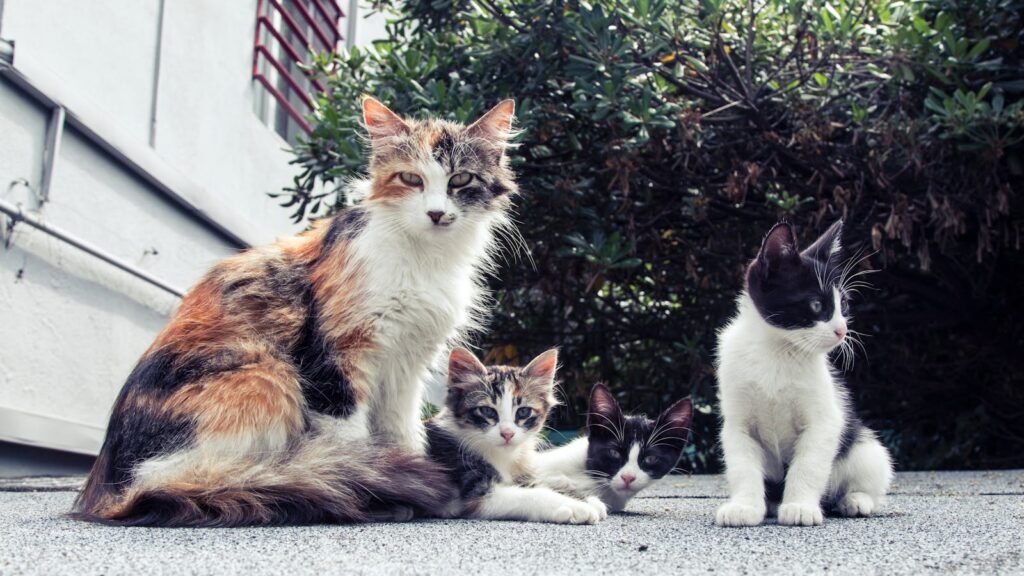
CDS, similar to dementia in humans, can affect senior cats, presenting as confusion, disorientation, or changes in sleep patterns. Providing an enriched environment with interactive toys and regular routines can help keep your cat mentally stimulated. In some cases, vets may recommend supplements or medications to support cognitive health.
10. Hearing and Vision Loss
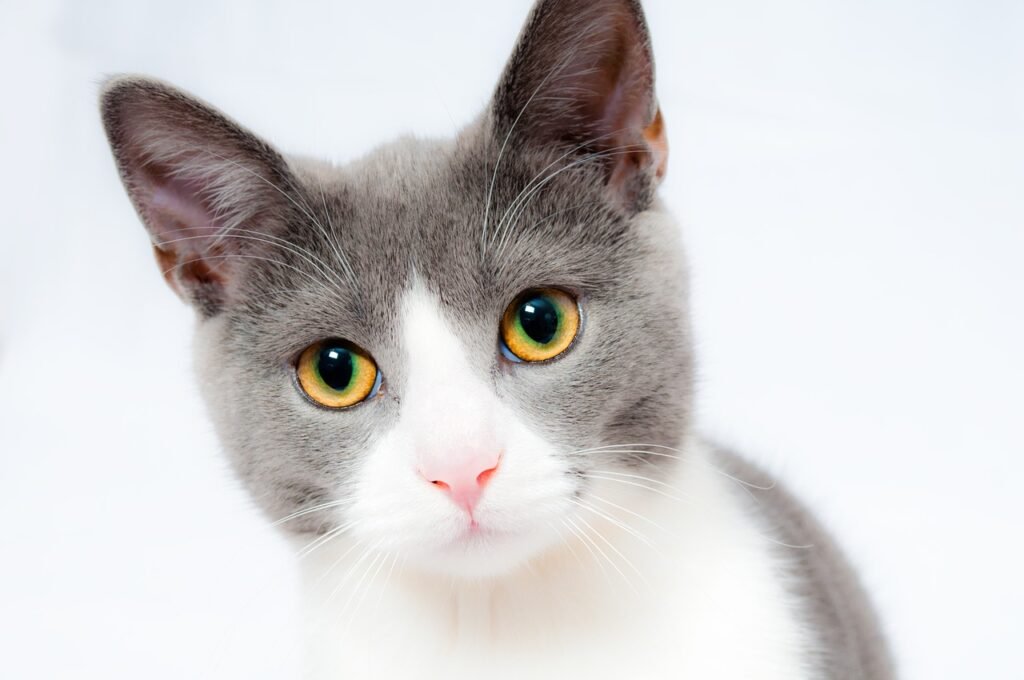
Aging cats may experience diminished hearing and vision, leading to increased vulnerability and anxiety. To accommodate these changes, maintain a consistent home environment and avoid moving furniture to reduce stress and potential hazards. Communicate with touch and visual signals to reassure your cat and provide appropriate care.
conclusion
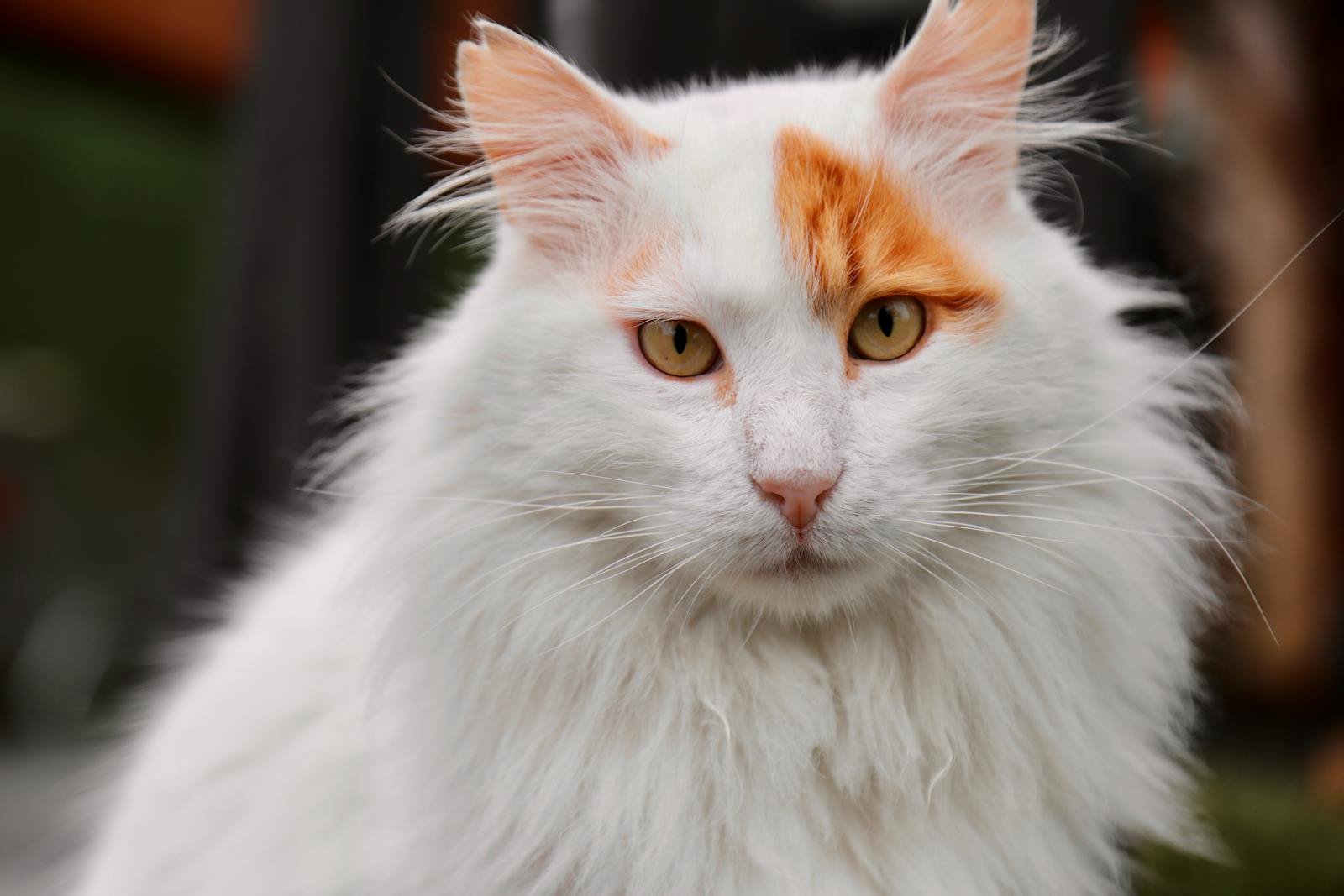
As our feline friends age, their health needs evolve. By being vigilant and proactive, you can manage these ten common health issues effectively, ensuring your senior cat enjoys their twilight years with comfort and joy. Regular veterinary visits, a balanced diet, and plenty of love and attention are key components in supporting your cat’s health and happiness. Embrace this stage of your cat’s life with compassion and care, knowing you are giving them the best possible quality of life.
Hi, I’m Bola, a passionate writer and creative strategist with a knack for crafting compelling content that educates, inspires, and connects. Over the years, I’ve honed my skills across various writing fields, including content creation, copywriting, online course development, and video scriptwriting.
When I’m not at my desk, you’ll find me exploring new ideas, reading books, or brainstorming creative ways to solve challenges. I believe that words have the power to transform, and I’m here to help you leverage that power for success.
Thanks for stopping by, Keep coming to this website to checkout new articles form me. You’d always love it!






